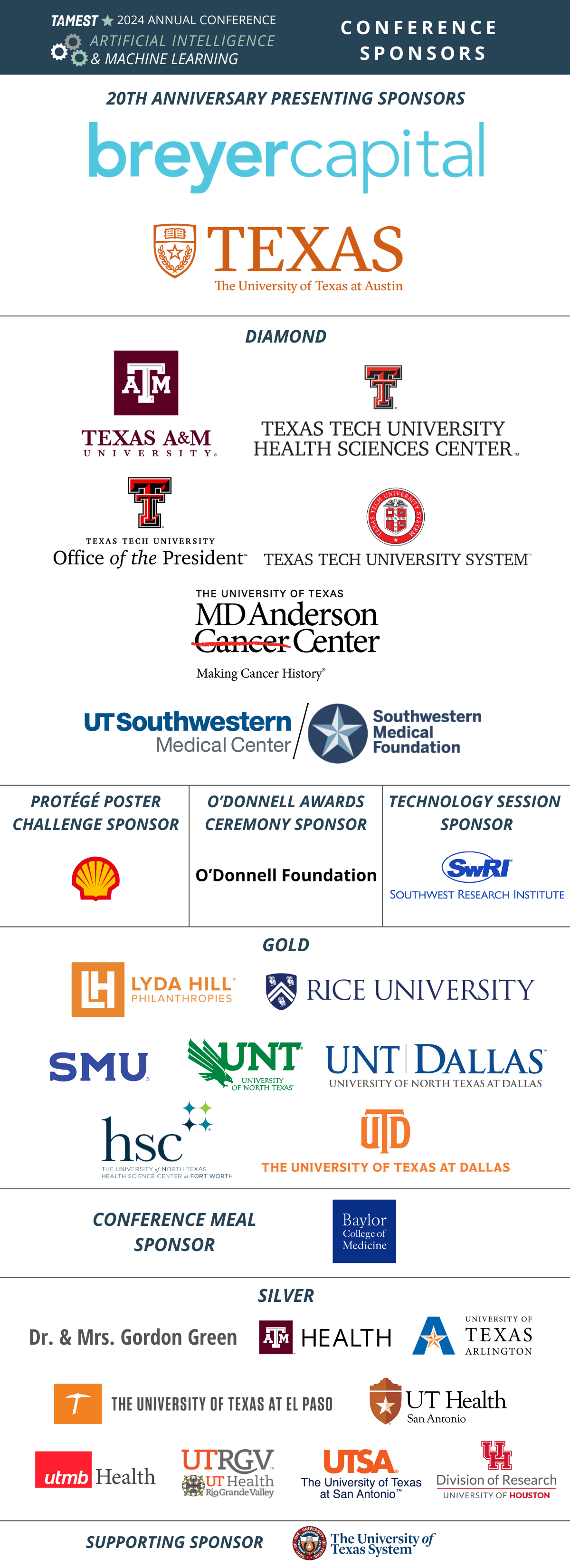
The TAMEST 2024 Annual Conference examined the challenges and opportunities of AI/ML in aerospace, defense, high-performance computing, self-driving technology, precision medicine and health care delivery.

Douglas A. Brooks, Ph.D.
Assistant Director – R&D
Artificial Intelligence Department
Southwest Research Institute
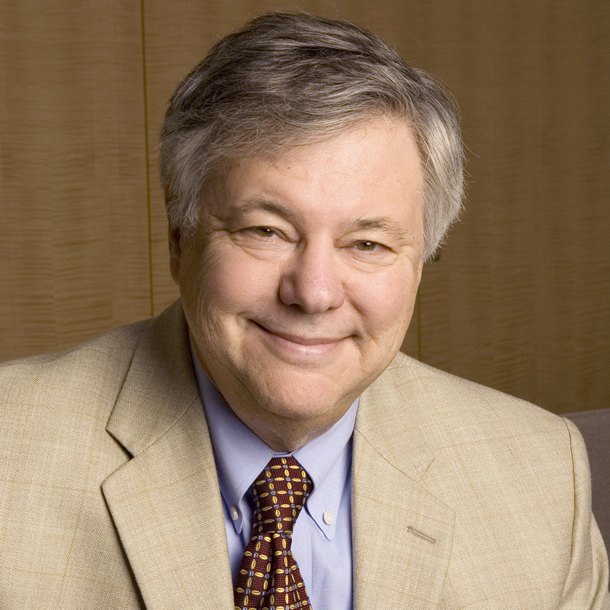
Michael S. Brown, M.D. (Nobel Laureate, NAM, NAS)
Professor
Department of Molecular Genetics
UT Southwestern Medical Center
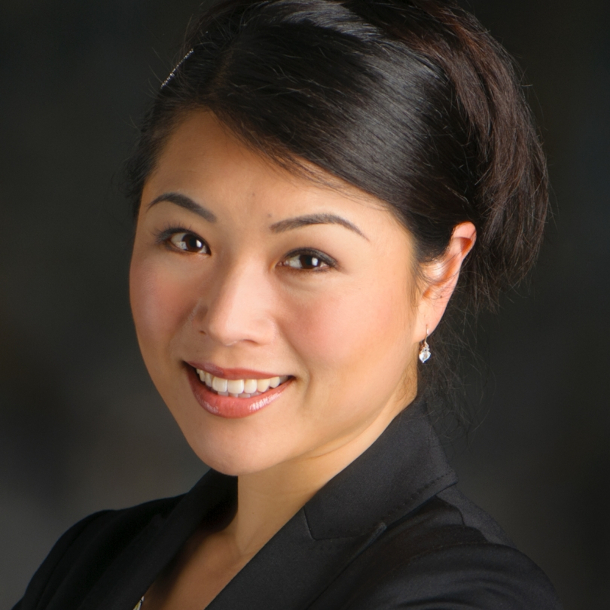
Caroline Chung, M.D.
Vice President and Chief Data Officer
Associate Professor
Radiation Oncology and Diagnostic Imaging
The University of Texas MD Anderson Cancer Center
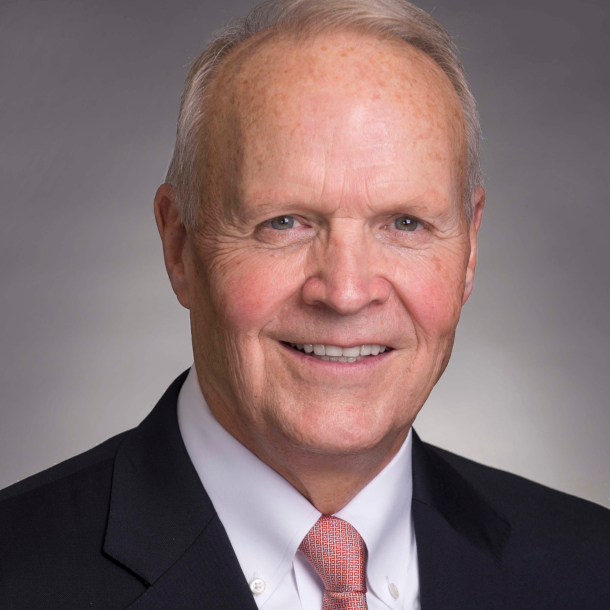
Larry R. Faulkner, Ph.D.
President Emeritus
The University of Texas at Austin
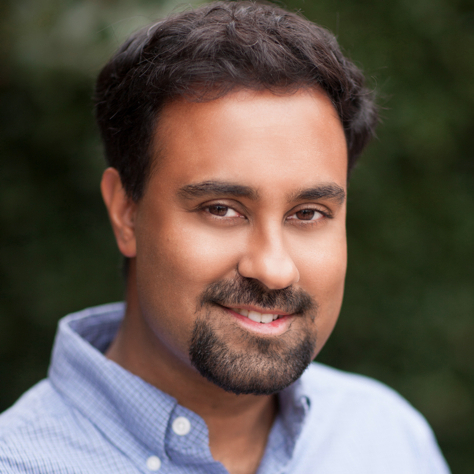
Surya Ganguli, Ph.D.
Associate Professor
Department of Applied Physics
Stanford University
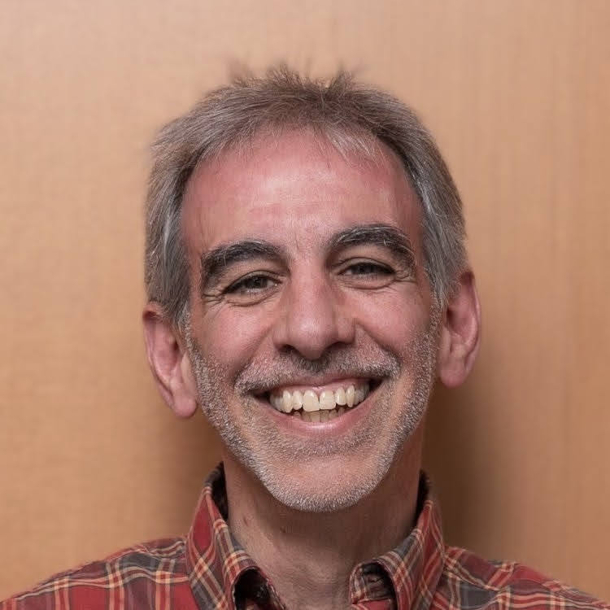
David Glazer
Workbench Chief Technology Officer
Verily
David Glazer is the CTO for Verily Workbench, a secure research environment for governing and analyzing multimodal biomedical data. He is a PI for the Data and Research Center, and a member of the Steering Committee, of the NIH All of Us Research Program. He served on the NIH Advisory Committee to the Director, where he co-chaired the AI Working Group. He is co-chair of the Cloud Workstream, and a member of the Steering Committee, of the Global Alliance for Genomics and Health (GA4GH). He previously worked at Google, where he founded the Google Genomics team. Prior to joining Google in 2006, he successfully started two companies: Eloquent in 1995 (IPO 2000), which used rich media to power business communications, and Verity in 1988 (IPO 1995), which did full-text search. David grew up in Massachusetts, where he earned a BS in physics from MIT.
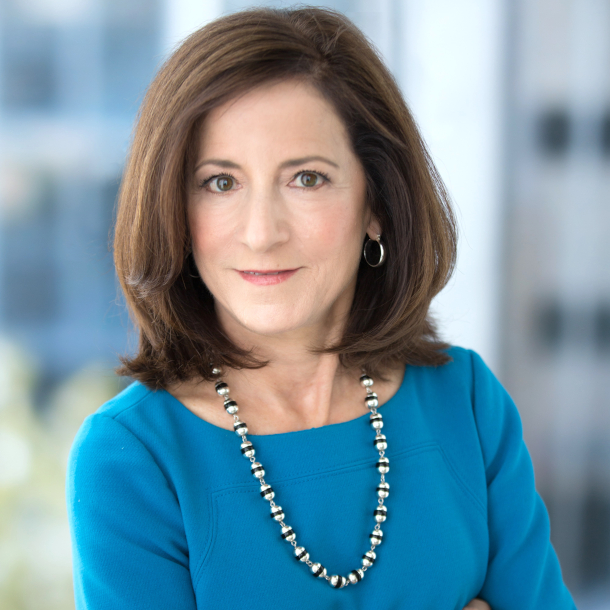
Sherri R. Greenberg
Professor of Practice
Assistant Dean
Lyndon B. Johnson School of Public Affairs
The University of Texas at Austin
Sherri R. Greenberg is a professor of practice and fellow of the Max Sherman Chair in State and Local Government at the LBJ School of Public Affairs, and she is a professor of practice at the Steve Hicks School of Social Work. Additionally, she is the LBJ School Assistant Dean for State and Local Government Engagement. She is a primary researcher for, and Chairperson of, Good Systems, Ethical AI at UT Austin. Greenberg serves on the Austin Smart City Alliance Board of Directors, and the Austin Forum on Technology & Society Advisory Board. Previously, she was a member of the Central Health Board of Managers, and a member of the City of Austin Housing Investment Review Committee.
Greenberg has served as a senior advisor to Austin Mayor Steve Adler. She was a Texas state representative from 1991 to 2001, and she chaired the House Pensions and Investments Committee and the Select Committee on Teacher Health Insurance. She also served on the House Appropriations, Economic Development, Elections, and Science and Technology Committees. Previously, Greenberg was the City of Austin capital finance manager, and a public finance officer at Standard & Poor’s.
Her teaching and research interests include: technology policy, state and local government, housing, homelessness, transportation, healthcare, public finance, and campaigns and elections. Recently, she has had funding from the National Science Foundation, the City of Austin, UT Good Systems, the IBM Center for the Business of Government, the Cisco Foundation, Microsoft, MITRE, and the State of Texas.
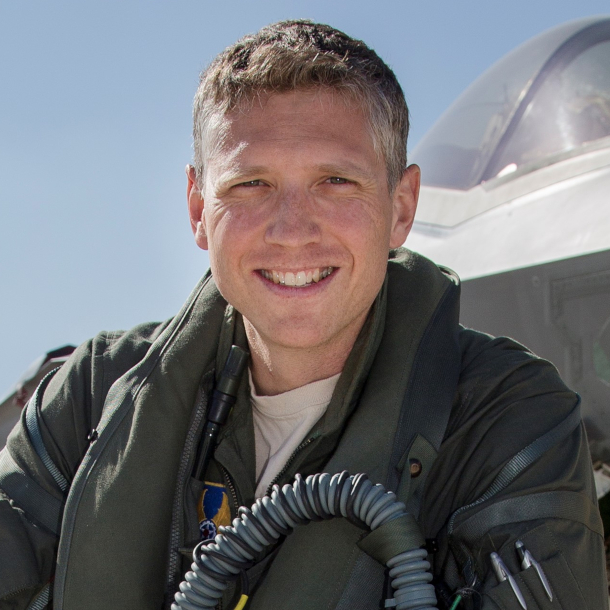
Colonel Tucker “Cinco” Hamilton
Chief, AI Test & Operations
United States Air Force
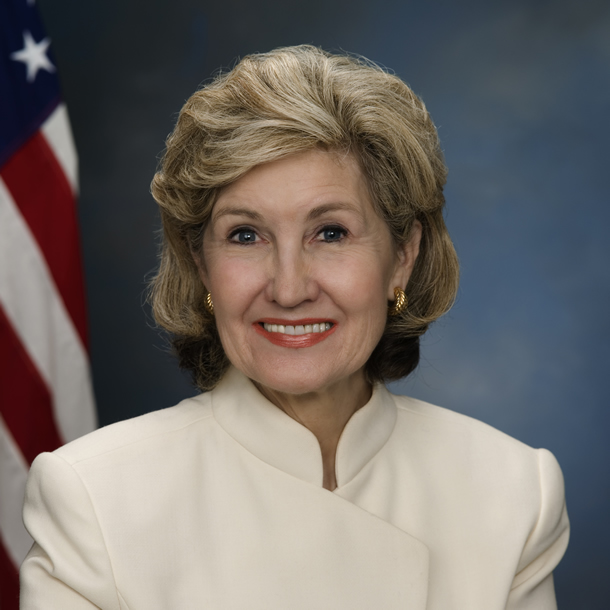
The Honorable Kay Bailey Hutchison
TAMEST Honorary Chair
Former United States Senator
Former United States Ambassador to NATO
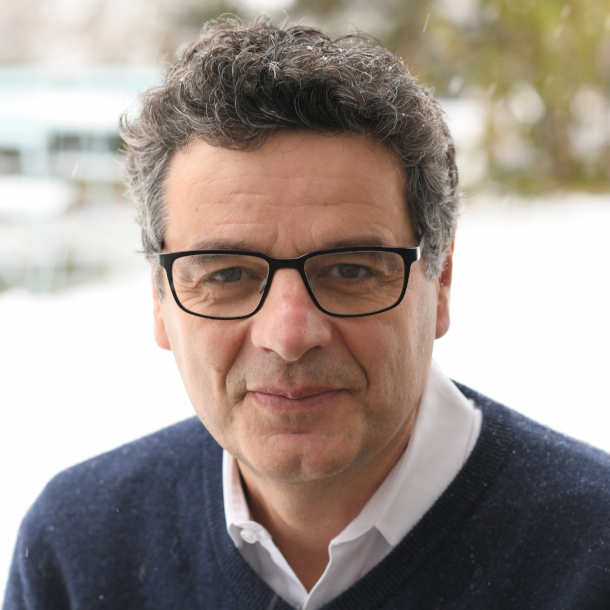
Petros Koumoutsakos, Ph.D. (NAE)
Herbert S. Winokur Jr. Professor of Engineering and Applied Sciences
John A. Paulson School of Engineering and Applied Sciences
Harvard University
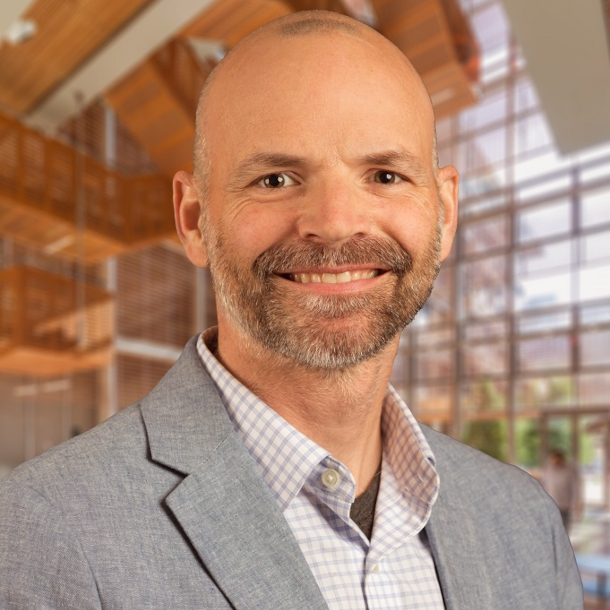
Matthew A. Lease, Ph.D.
Professor
School of Information
The University of Texas at Austin
Matthew Lease is a Professor of Information and Computer Science at the University of Texas at Austin, a Distinguished Member of the Association for Computing Machinery (ACM), and a Senior Member of the Association for the Advancement of Artificial Intelligence (AAAI). Lease is also a faculty founder and leader of UT Austin’s Good Systems, a $20M, 8-year university Grand Challenge to develop responsible AI technologies to address societal needs. Lease’s research combines artificial intelligence (AI) and human-computer interaction (HCI) to develop both automated AI solutions as well as interactive systems that augment human capabilities. His recent work focuses on developing fair and explainable natural language processing (NLP) techniques to help curb the spread of fake news, hate speech, and societal polarization.
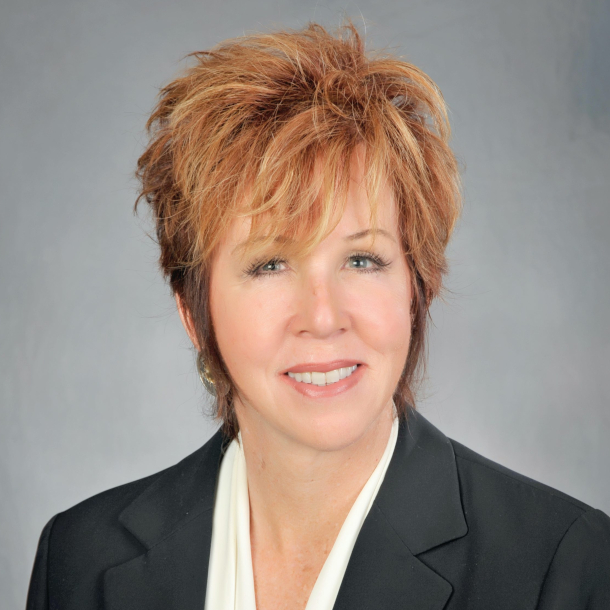
Robin Murphy, Ph.D.
Professor
Department of Computer Science and Engineering
Texas A&M University
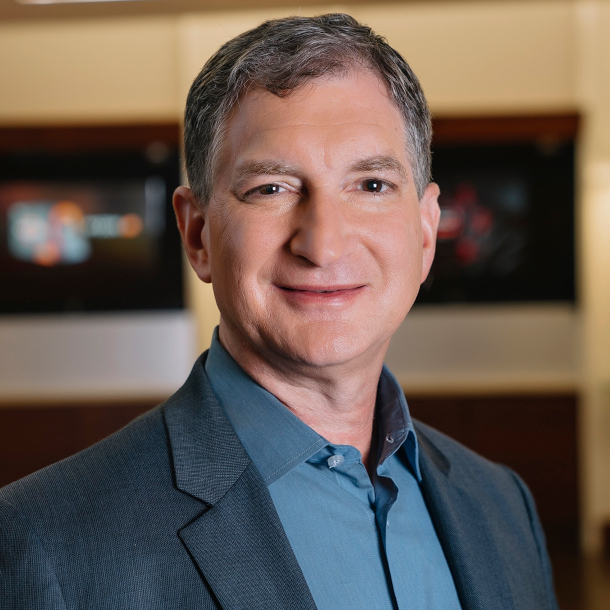
Mark Papermaster
Chief Technology Officer and Executive Vice President
Technology & Engineering
AMD
His 40+ years of engineering experience includes significant leadership roles managing the development of a wide range of products, from microprocessors to mobile devices and high-performance servers. Before joining AMD in October 2011 as Chief Technology Officer and Senior Vice President, Papermaster was the leader of Cisco’s Silicon Engineering Group, Apple Senior Vice President of Devices Hardware Engineering for iPod and iPhone and held multiple IBM roles in technology and server development.
Papermaster received his bachelor’s degree from the University of Texas at Austin and master’s degree from the University of Vermont, both in Electrical Engineering. He is a member of the Global Semiconductor Alliance Board of Directors, IEEE Industry Advisory Board, University of Texas Cockrell School of Engineering Advisory Board, University of Texas at Austin President’s Austin Innovation Board and Purdue University Semiconductor Degrees Leadership Board.
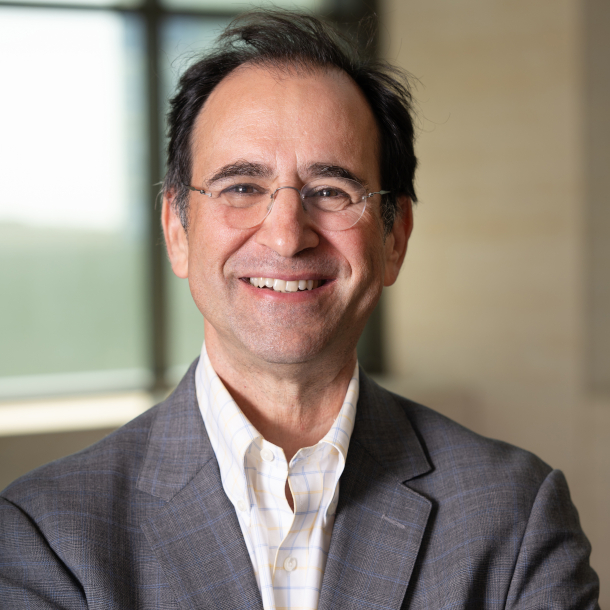
David Paydarfar, M.D.
Professor and Chair, Department of Neurology at Dell Medical School
Director, Mulva Clinic for the Neurosciences, The University of Texas at Austin
David Paydarfar, M.D., is a professor and the inaugural chair of the Department of Neurology at Dell Medical School. He is also director of the Mulva Clinic for the Neurosciences.
He previously served as professor and executive vice chair of the Department of Neurology at the University of Massachusetts Medical School and as an associate faculty member of the Wyss Institute for Biologically Inspired Engineering at Harvard University. Paydarfar received a Bachelor of Science in physics (summa cum laude) from Duke University and a doctor of medicine degree from The University of North Carolina at Chapel Hill. He completed his residency training in neurology at Massachusetts General Hospital and Harvard Medical School. He practices general neurology and is a fellow of the American Neurological Association and an investigator of the Clayton Foundation for Research.
Paydarfar’s clinical research program seeks to develop novel biosensors, signal-processing algorithms and user interfaces that will enable clinicians and researchers to track and predict the health of individual patients as well as entire populations. This approach will extend beyond current reactive alarm systems, enabling doctors to forecast — and avert — adverse disease trajectories and to test the impact of such a strategy on health outcomes. This engineering and informatics platform should provide unprecedented opportunities to conduct fieldwork on human physiology and pathophysiology.
Paydarfar’s basic research program seeks to understand mechanisms underlying disease states associated with abnormal behavior of neural oscillators such as apnea, circadian dysrhythmias and epilepsy, as well as the coordination of pacemakers with other physiological and behavioral functions. His research is funded by the National Institutes of Health, the National Science Foundation and the Clayton Foundation for Research.
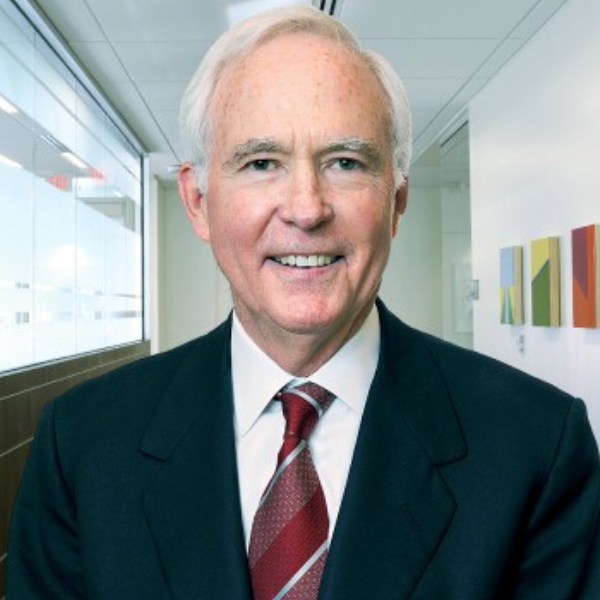
William T. Solomon
Chairman, President and Chief Executive Officer
O’Donnell Foundation
Solomon spent his entire business career with Austin Industries, the antecedent of which was Austin Bridge Company, founded by his grandfather in 1918. As president and/or chairman from 1970 until his retirement in 2008 and CEO for 31 years, Solomon grew the company from a regional, primarily bridge and road contractor to one of the nation’s leading commercial, industrial and infrastructure construction companies.
In April 2016, Solomon was elected Chairman, president and CEO of the O’Donnell Foundation. He previously chaired the Hoblitzelle Foundation, the Southwestern Medical Foundation, the Dallas Citizens Council, the Greater Dallas Chamber and a number of other Dallas-based civic organizations and has served on numerous community and corporate boards.
He has received numerous awards recognizing his contributions to the community, including the prestigious Linz Award, UT Southwestern’s Sprague Community Service Award, the J. Erik Jonsson Ethics Award and the Dedman Lifetime Achievement Award for Philanthropy. He is a member of the Texas Business Hall of Fame. His alma mater, SMU, recognized him as a Distinguished Alumnus in 1988 and in 2007 awarded him an Honorary Doctorate of Humane Letters.
Solomon and his wife Gay married in 1964. They have two children, Bill Jr. and Meredith, and seven grandchildren.
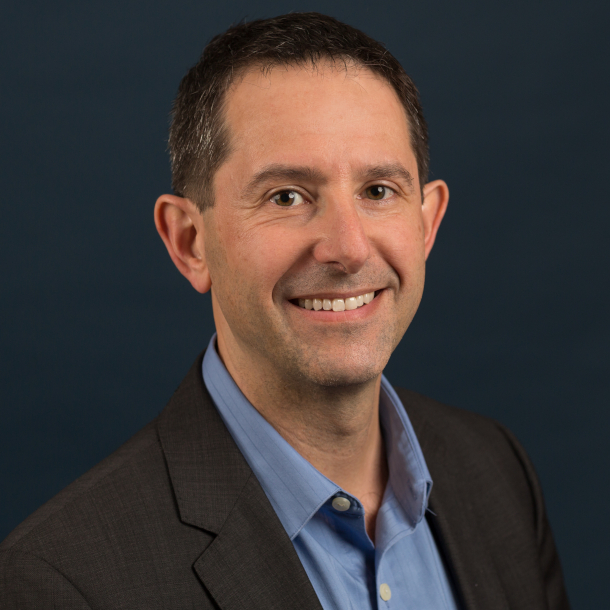
Peter Stone, Ph.D.
Truchard Foundation Chair in Computer Science
University Distinguished Teaching Professor
Department of Computer Science
The University of Texas at Austin
Texas at Austin. He is Associate Chair of the Computer Science Department, as well as Director
of Texas Robotics. In 2013 he was awarded the University of Texas System Regents’
Outstanding Teaching Award and in 2014 he was inducted into the UT Austin Academy of
Distinguished Teachers, earning him the title of University Distinguished Teaching Professor.
Professor Stone’s research interests in Artificial Intelligence include machine learning
(especially reinforcement learning), multiagent systems, and robotics. Professor Stone received
his Ph.D in Computer Science in 1998 from Carnegie Mellon University. From 1999 to 2002 he
was a Senior Technical Staff Member in the Artificial Intelligence Principles Research
Department at AT&T Labs – Research. He is an Alfred P. Sloan Research Fellow, Guggenheim
Fellow, AAAI Fellow, IEEE Fellow, AAAS Fellow, ACM Fellow, Fulbright Scholar, and 2004
ONR Young Investigator. In 2007 he received the prestigious IJCAI Computers and Thought
Award, given biannually to the top AI researcher under the age of 35, and in 2016 he was
awarded the ACM/SIGAI Autonomous Agents Research Award. Professor Stone co-founded
Cogitai, Inc., a startup company focused on continual learning, in 2015, and currently serves as
Executive Director of Sony AI America.
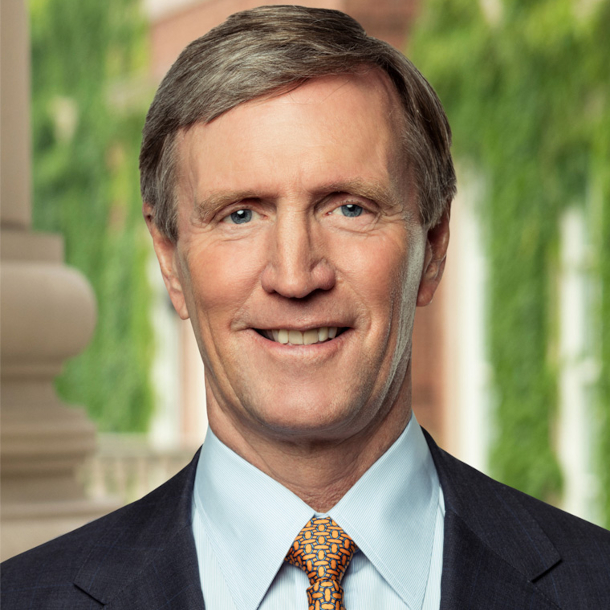
Jere W. Thompson Jr.
Chair, Southwestern Medical Foundation
Board Member, O’Donnell Foundation
Mr. Thompson was Co-Founder and CEO of Ambit Energy, an international retail energy provider. Started in 2005, Ambit ultimately served 1.2 million electricity and natural gas customers in 17 states, Japan and Canada before being acquired in 2019. In 2010, Ambit was named the #1 Fastest Growing Private Company in America by Inc. Magazine. Prior to Ambit, Mr. Thompson founded and was CEO of CapRock Fiber Network which owned and operated extensive fiber, voice and data networks across Texas and four neighboring states. CapRock was acquired in 2000.
Mr. Thompson received an Economics degree from Stanford University and an MBA from The University of Texas in Austin. He and his wife, Carolyn, have been married 37 years and have five children and nine grandchildren.
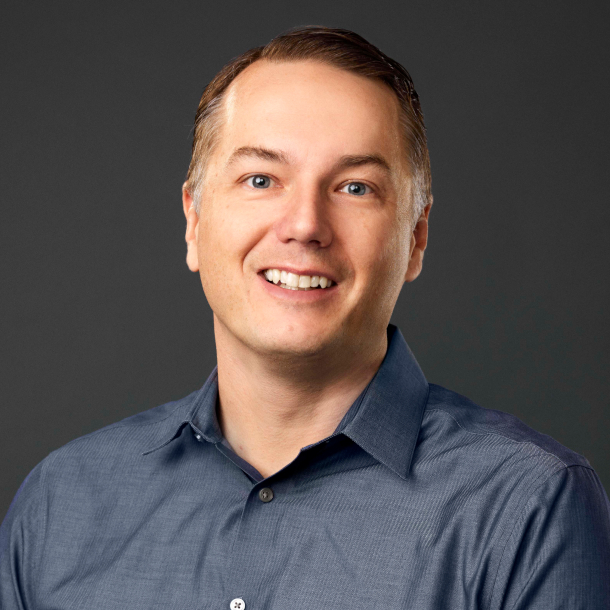
Chris Urmson, Ph.D.
Chief Executive Officer and Co-Founder
Aurora
Chris Urmson is co-founder and Chief Executive Officer of Aurora. He is also a member of the Board of directors of Aurora. Prior to founding Aurora, Chris helped build Google’s self-driving program from 2009 to 2016 and served as Chief Technology Officer of the group. Chris has over 15 years of experience leading automated vehicle programs. He was the Director of Technology for Carnegie Mellon’s DARPA Grand and Urban Challenge Teams, which placed second and third in 2005, and first in 2007. Chris earned his Ph.D. in Robotics from Carnegie Mellon University and his BEng in Computer Engineering from the University of Manitoba. Chris currently serves on Carnegie Mellon’s School of Computer Science Dean’s Advisory Board as well as on the Board of Directors for Edge Case Research, a company working to assure the safety of autonomous systems for real world deployment. Additionally, he has served on the Shell New Energies External Advisory Board and has served on the Veoneer Technical Advisory Board. Chris has authored over 60 patents and over 50 publications.
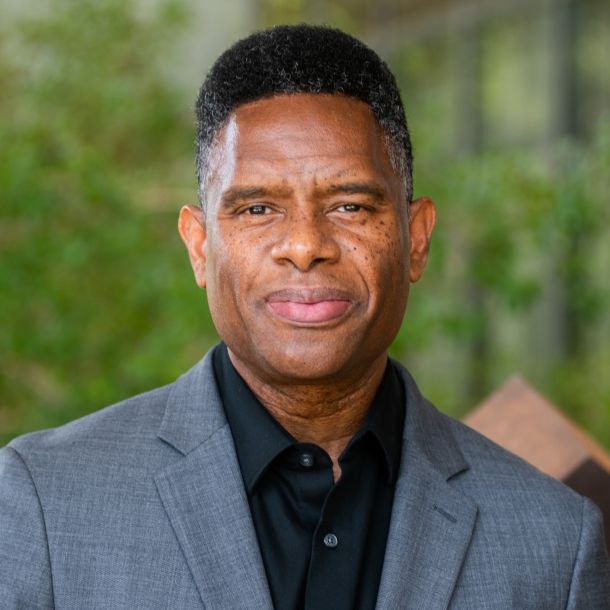
S. Craig Watkins, Ph.D.
Ernest A. Sharpe Centennial Professor
Executive Director, IC² Institute
Moody College of Communication
The University of Texas at Austin
S. Craig Watkins is the Ernest A. Sharpe Centennial Professor and Executive Director of the IC² Institute at the University of Texas at Austin. IC² is a “think and do tank” that explores the intersections between technology and innovation. Craig is also one of the principal investigators for the Good Systems Grand Challenge, an initiative designed to catalyzed interdisciplinary research and development related to ethical artificial intelligence. Craig’s work with Good Systems focuses on the design and deployment of equity-centered artificial intelligence. He leads a team that is adopting a data-oriented approach to understanding the social determinants of health. This work was also central to his engagement with MIT as a Visiting Professor working with teams to design models that illuminate the systemic factors that contribute to inequality. Under his leadership the IC² Institute is developing a series of initiatives and partnerships to “innovate well-being.” The project involves, for example, working with healthcare professionals, researchers, and Foundations to develop predictive models and practices that leverage data and novel techniques to address health disparities. Craig is also a participant in Texas Health Catalyst, a Dell Medical School program designed to translate cutting-edge research and early-stage ideas into products that improve health. His invention, GoodRIthms, processes social and behavioral data to augment the delivery of mental health care. He is Co-Pi for a new NIH grant to better understand how AI and machine learning can identify the risks implicated in the rising rates of suicide among African American youth.
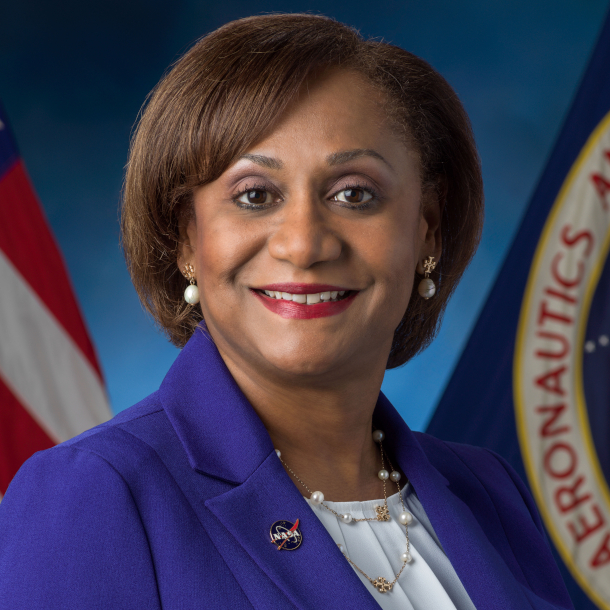
Vanessa E. Wyche (NAE)
Director
Johnson Space Center
NASA
Vanessa E. Wyche is the director of NASA’s Johnson Space Center, home to America’s astronaut corps, Mission Control Center, International Space Station, Orion and Gateway programs and its more than 11,000 civil service and contractor employees. She is responsible for a broad range of human spaceflight activities, including development and operation of human spacecraft, NASA astronaut selection and training, and mission control. Wyche oversees commercialization of low-Earth orbit – ensuring commercially provided destinations to continue research there following transition from the International Space Station in 2030. Additionally, she leads Johnson’s role in exploring the Moon and Mars with NASA’s Artemis spacecraft, including surface system capabilities for human and commercial robotic missions, and partners with academia, industry, and international community to establish a sustainable lunar economy. Under Wyche’s leadership, Johnson was recognized by Forbes and Statista as the No. 1 best employer among Texas’ major employers.
Wyche previously served as deputy director at Johnson for three years beginning in 2018. Other key leadership positions include: assistant and acting deputy director of Johnson; director of the Exploration Integration and Science Directorate, flight manager of several missions of the retired Space Shuttle Program, executive officer in the Office of the NASA Administrator, and led additional center-level technical and program organizations. Before joining NASA in 1989, Wyche worked for the Food and Drug Administration in Washington D.C.
A native of South Carolina, Wyche earned a Bachelor of Science in Engineering and Master of Science in Bioengineering from Clemson University. She was inducted into the Thomas Green Clemson Academy of Engineers and Scientists at Clemson University in 2019 and received an honorary Doctor of Science degree from Coastal Carolina University in 2022.
Wyche is a passionate promoter of science, technology, engineering, and math (STEM), and serves as a member of American Institute of Physics Foundation board of directors, Clemson University’s College of Engineering, Computing and Applied Sciences advisory board, the University of Houston’s C. T. Bauer College of Business advisory panel, and is a past chair of the Space Center Houston board of directors. She is the recipient of the Presidential Rank Award, two NASA Outstanding Leadership Medals, and two NASA Achievement Medals. She is an AIAA Associate Fellow and International Women’s Forum Fellow. Wyche was recently elected to the National Academy of Engineering, one of the highest professional distinctions accorded to an engineer.
Wyche is married to George Wyche Jr. Esq, and has one son, George Wyche III.
Follow Wyche on Twitter at twitter.com/V_Wyche.
For more information about Johnson Space Center, visit: http://www.nasa.gov/johnson.
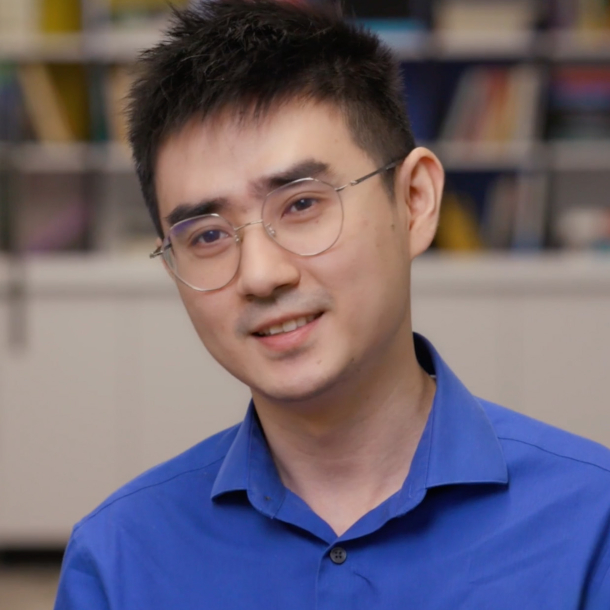
Jian Zhou, Ph.D.
Assistant Professor
Lyda Hill Department of Bioinformatics
UT Southwestern Medical Center
Jian Zhou is an Assistant Professor in the Lyda Hill Department of Bioinformatics. He is a Lupe Murchison Foundation Scholar in Medical Research and is a Scholar of the Cancer Prevention and Research Institute of Texas (CPRIT). Prior to joining UTSW, he was a Flatiron Research Fellow at the Center of Computational Biology at Flatiron Institute, New York. He received his B.S. in Biological Sciences from Peking University and Ph.D. in Quantitative and Computational Biology from Princeton University. The Zhou lab works at the intersection of machine learning and genomics. The lab develops computational methods to improve our understanding of genome-based gene regulation and the genetic basis of human diseases. Currently the lab focuses on developing computational methods for improving predictive models for genomic sequence, understanding underlying biological mechanisms, and designing genomic sequences with desired properties. Advancing machine learning and AI methods for science is a long-term goal of the lab. Visit the lab website for more details https://zhoulab.io.
